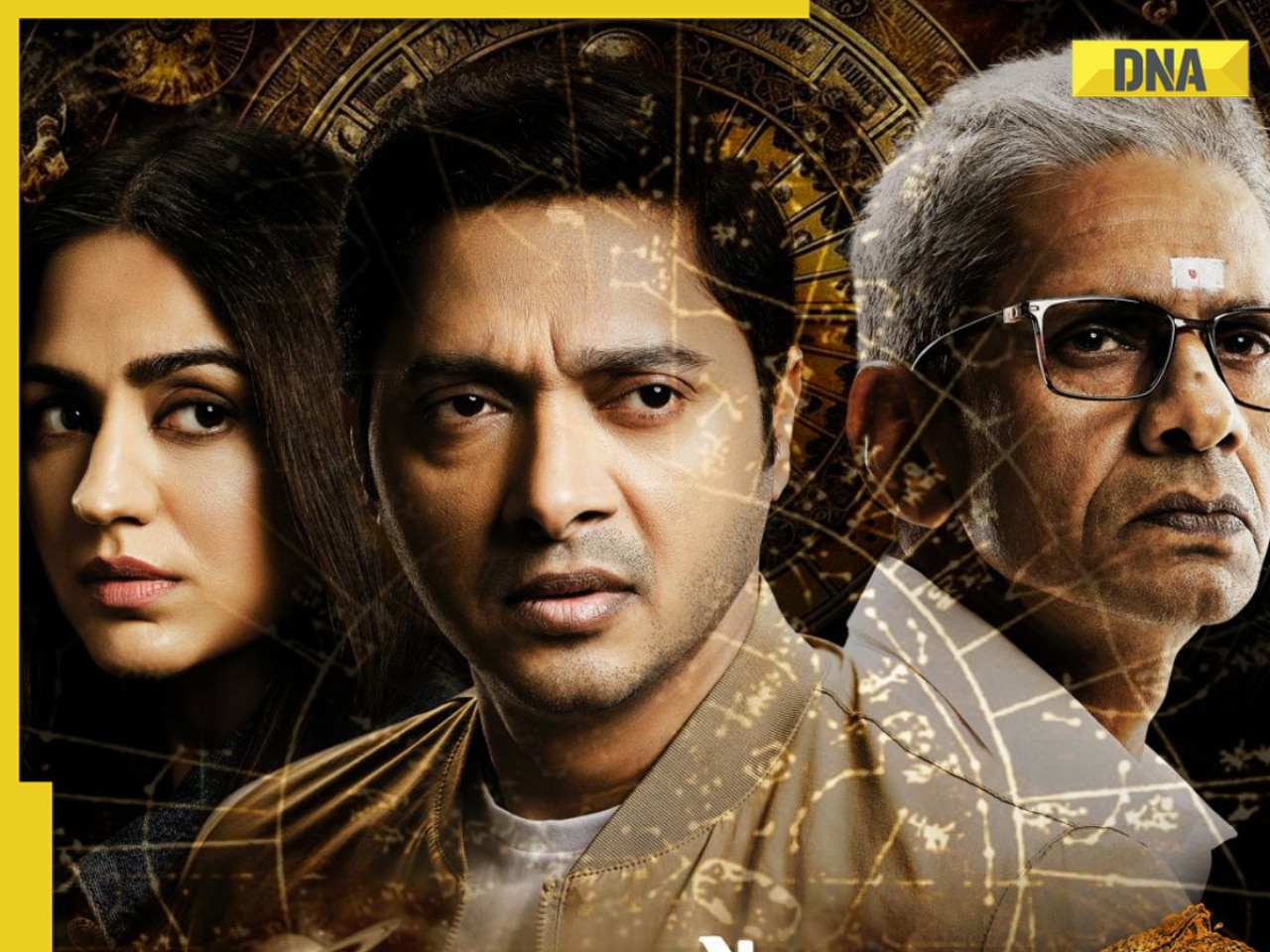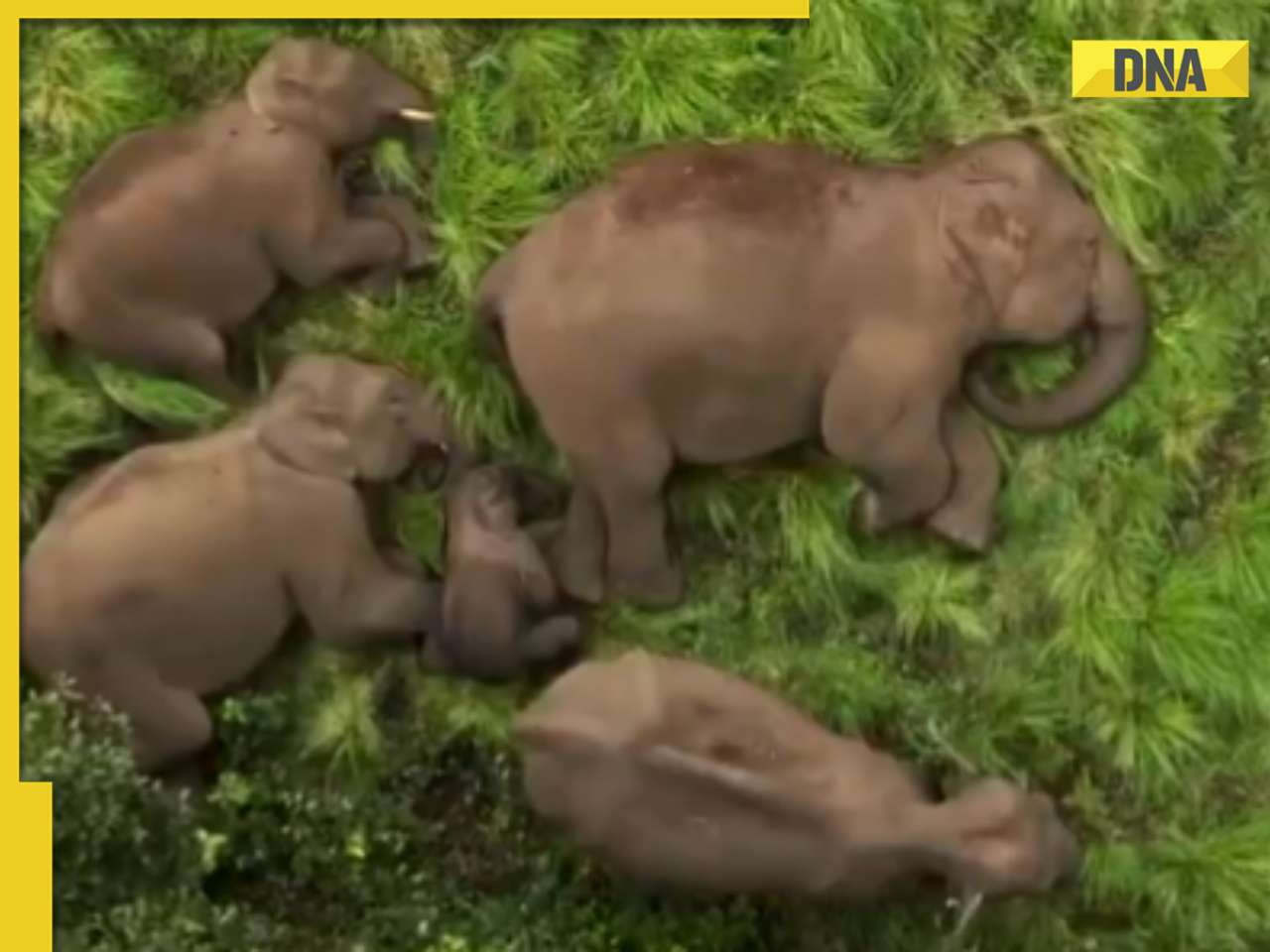The theory describes the strategies that people should employ to maximise their rewards by factoring in what others in a group might do, says V Venkatesan
NEW DELHI: Let’s play a game. Suppose you and your neighbour were each asked to choose a number from a given range — say, 0 to 200. You’re told that you’ll each get cash equal to the lower of the two numbers picked. What number would you pick?
Clearly, the game gives both of you an incentive to choose a high number within the range — and walk away with anything up to Rs 200.
But supposing you were told that the person who chooses the higher number would pay a penalty of Rs 20. What number would you now choose? It would still work out mutually beneficial for both of you to choose the highest allowable number.
However, if each of you were caught up in trying to get more money than the other, you would both be “playing safe” and undercutting each other and both would lose in this “race to the bottom”.
A strand of behavioural economics, called game theory, which seeks to predict outcomes in situations such as these is currently in focus: this year’s Nobel prize in economics has gone to two game theorists whose researches helped understand the rationale of conflict and cooperation between countries, individuals and organisaations.
Game theory can be applied to many situations by various entities - individuals, businesses and even governments.
Very simply put, the theory describes the strategies that people should employ to maximise their rewards by factoring in what others in a group might do. Guessing what your competitors might do is part of “the game”.
How is game theory useful to businesses? In a market where there are only, say, two firms manufacturing a particular product, both stand to gain by restricting their output.
That way, prices stay high, and both benefit - and this is a classic example of how business cartels work. But if Firm A steps up its production levels, prices would fall, impacting Firm B’s profits rather more because Firm A would benefit from the economy of scale.
In some situations, however, a large player with deep pockets may have the capacity to regulate market prices even when others in a group are not acting in tandem. Saudi Arabia’s influence within the Organisation of Petroleum Exporting Countries is a classic example of this.
Similarly, the price war in the detergent market in India in recent years was the manifestation of the game theory in full play!
Governments, too, employ game theory to figure out responses to public policy. For instance, while selling telecom and oil exploration licences, or when offloading shareholdings in public sector undertakings, a government that has an interest in maximising revenue can profit from game theory models.
Similarly, when finance minister P. Chidambaram prophesies that tax compliance will improve if he cuts income tax rates, he is only employing game theory models that can be traced to the wisdom of US economist Arthur Laffer.
However, game theory has its limitations. For instance, its predictive power is rather low: people don’t always behave the way that game theory says they ought to. But, then, no game would be exciting if it didn’t have an element of uncertainty.
![submenu-img]() Meet man who once suffered loss of Rs 15 crore, then built Rs 2000 crore turnover company at 60, he is…
Meet man who once suffered loss of Rs 15 crore, then built Rs 2000 crore turnover company at 60, he is…![submenu-img]() 'They did her dirty': Aishwarya Rai fans criticise stylist for her 'failed art project' outfit on Cannes red carpet
'They did her dirty': Aishwarya Rai fans criticise stylist for her 'failed art project' outfit on Cannes red carpet![submenu-img]() Woman walks on the streets of Tokyo in saree, viral video shows people’s reaction
Woman walks on the streets of Tokyo in saree, viral video shows people’s reaction![submenu-img]() Blinkit offering ‘free dhaniya’ with vegetable orders, people now asking for free…
Blinkit offering ‘free dhaniya’ with vegetable orders, people now asking for free…![submenu-img]() Kartam Bhugtam: Shreyas Talpade-starrer is a riveting dive into the unknown
Kartam Bhugtam: Shreyas Talpade-starrer is a riveting dive into the unknown![submenu-img]() Meet PhD wife of IIT graduate hired at Rs 100 crore salary package, was fired within a year, he is now…
Meet PhD wife of IIT graduate hired at Rs 100 crore salary package, was fired within a year, he is now…![submenu-img]() Meet woman not from IIT, IIM or NIT, cracked UPSC exam in first attempt with AIR...
Meet woman not from IIT, IIM or NIT, cracked UPSC exam in first attempt with AIR...![submenu-img]() Maharashtra Board Results 2024: MSBSHSE class 10th, 12th results soon, know how to check results via SMS
Maharashtra Board Results 2024: MSBSHSE class 10th, 12th results soon, know how to check results via SMS![submenu-img]() Meet Indian genius who became world’s 'youngest' surgeon at 7, worked in IIT for...
Meet Indian genius who became world’s 'youngest' surgeon at 7, worked in IIT for...![submenu-img]() Meet Kashmir boy, who is JEE topper, wants to pursue Computer Science, he aims to clear...
Meet Kashmir boy, who is JEE topper, wants to pursue Computer Science, he aims to clear...![submenu-img]() DNA Verified: Is CAA an anti-Muslim law? Centre terms news report as 'misleading'
DNA Verified: Is CAA an anti-Muslim law? Centre terms news report as 'misleading'![submenu-img]() DNA Verified: Lok Sabha Elections 2024 to be held on April 19? Know truth behind viral message
DNA Verified: Lok Sabha Elections 2024 to be held on April 19? Know truth behind viral message![submenu-img]() DNA Verified: Modi govt giving students free laptops under 'One Student One Laptop' scheme? Know truth here
DNA Verified: Modi govt giving students free laptops under 'One Student One Laptop' scheme? Know truth here![submenu-img]() DNA Verified: Shah Rukh Khan denies reports of his role in release of India's naval officers from Qatar
DNA Verified: Shah Rukh Khan denies reports of his role in release of India's naval officers from Qatar![submenu-img]() DNA Verified: Is govt providing Rs 1.6 lakh benefit to girls under PM Ladli Laxmi Yojana? Know truth
DNA Verified: Is govt providing Rs 1.6 lakh benefit to girls under PM Ladli Laxmi Yojana? Know truth![submenu-img]() Aishwarya Rai Bachchan turns heads in intricate black gown at Cannes, walks the red carpet with injured arm in cast
Aishwarya Rai Bachchan turns heads in intricate black gown at Cannes, walks the red carpet with injured arm in cast![submenu-img]() Laapataa Ladies' Poonam aka Rachna Gupta looks unrecognisable in viral photos, amazes with jaw-dropping transformation
Laapataa Ladies' Poonam aka Rachna Gupta looks unrecognisable in viral photos, amazes with jaw-dropping transformation![submenu-img]() In pics: Taarak Mehta Ka Ooltah Chashmah actress Deepti Sadhwani dazzles in orange at Cannes debut, sets new record
In pics: Taarak Mehta Ka Ooltah Chashmah actress Deepti Sadhwani dazzles in orange at Cannes debut, sets new record![submenu-img]() Ananya Panday stuns in unseen bikini pictures in first post amid breakup reports, fans call it 'Aditya Roy Kapur's loss'
Ananya Panday stuns in unseen bikini pictures in first post amid breakup reports, fans call it 'Aditya Roy Kapur's loss'![submenu-img]() Remember Harsh Lunia? Just Mohabbat child star, here's how former actor looks now, his wife is Bollywood's popular...
Remember Harsh Lunia? Just Mohabbat child star, here's how former actor looks now, his wife is Bollywood's popular...![submenu-img]() Haryana Political Crisis: Will 3 independent MLAs support withdrawal impact the present Nayab Saini led-BJP government?
Haryana Political Crisis: Will 3 independent MLAs support withdrawal impact the present Nayab Saini led-BJP government?![submenu-img]() DNA Explainer: Why Harvey Weinstein's rape conviction was overturned, will beleaguered Hollywood mogul get out of jail?
DNA Explainer: Why Harvey Weinstein's rape conviction was overturned, will beleaguered Hollywood mogul get out of jail?![submenu-img]() What is inheritance tax?
What is inheritance tax?![submenu-img]() DNA Explainer: What is cloud seeding which is blamed for wreaking havoc in Dubai?
DNA Explainer: What is cloud seeding which is blamed for wreaking havoc in Dubai?![submenu-img]() DNA Explainer: What is Israel's Arrow-3 defence system used to intercept Iran's missile attack?
DNA Explainer: What is Israel's Arrow-3 defence system used to intercept Iran's missile attack?![submenu-img]() 'They did her dirty': Aishwarya Rai fans criticise stylist for her 'failed art project' outfit on Cannes red carpet
'They did her dirty': Aishwarya Rai fans criticise stylist for her 'failed art project' outfit on Cannes red carpet![submenu-img]() Kartam Bhugtam: Shreyas Talpade-starrer is a riveting dive into the unknown
Kartam Bhugtam: Shreyas Talpade-starrer is a riveting dive into the unknown![submenu-img]() Richa Chadha says Heeramandi co-star Sharmin Segal being trolled for her performance is 'audience’s right'
Richa Chadha says Heeramandi co-star Sharmin Segal being trolled for her performance is 'audience’s right'![submenu-img]() Meet only Indian actress whose film is competing for top prize at Cannes; not Aishwarya, Deepika, Kiara, Priyanka, Alia
Meet only Indian actress whose film is competing for top prize at Cannes; not Aishwarya, Deepika, Kiara, Priyanka, Alia![submenu-img]() How two heroines beat Rajinikanth, Vijay, Dhanush to give Tamil cinema's biggest hit of 2024; low-budget film earned...
How two heroines beat Rajinikanth, Vijay, Dhanush to give Tamil cinema's biggest hit of 2024; low-budget film earned...![submenu-img]() Woman walks on the streets of Tokyo in saree, viral video shows people’s reaction
Woman walks on the streets of Tokyo in saree, viral video shows people’s reaction![submenu-img]() Why Australians walk barefoot in public: Here’s the reason
Why Australians walk barefoot in public: Here’s the reason![submenu-img]() People in this country compete to see who’s best at doing nothing, here's why
People in this country compete to see who’s best at doing nothing, here's why![submenu-img]() Viral video: Influencer dressed as 'Manjulika' dances on crowded road, internet reacts
Viral video: Influencer dressed as 'Manjulika' dances on crowded road, internet reacts![submenu-img]() Viral video: Baby elephant receives 'Z-category security' during family nap in Tamil Nadu reserve
Viral video: Baby elephant receives 'Z-category security' during family nap in Tamil Nadu reserve











































)
)
)
)
)
)